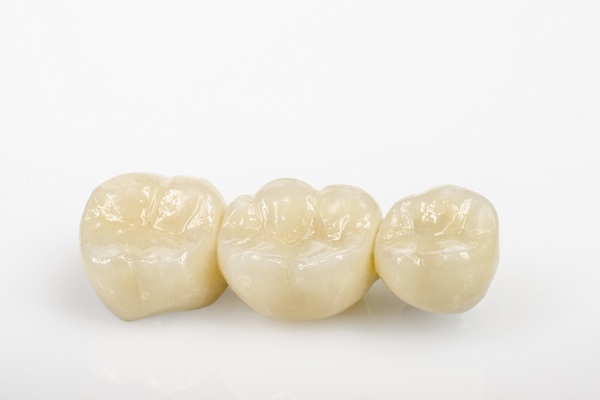 People visit the general dentistry office because they desire healthy oral cavities, free of cavities. However, a checkup can show more than cavities. Dentists do not only perform dental cleanings and restorations. They also examine the mouth for present or potential health issues so patients can take appropriate precautions to avoid them or get them treated.
People visit the general dentistry office because they desire healthy oral cavities, free of cavities. However, a checkup can show more than cavities. Dentists do not only perform dental cleanings and restorations. They also examine the mouth for present or potential health issues so patients can take appropriate precautions to avoid them or get them treated.
Diseases that can be detected at a general dentistry checkup
The top health concerns that the dentist can detect during a checkup include the following:
Oral cancer
Every time that patients visit the office for a general dentistry checkup, the dentist will perform an oral cancer screening. They will check for white or red lesions, painful gums, lumps, tissue thickening, and unhealed sores around the lips, tongue, and cheeks. Although certain symptoms of oral cancer are obvious as the disease advances, most people are oblivious of the early warning signals.
Diabetes
People with diabetes (both type I and type II) are more likely to develop periodontal disease. Simple gum irritation and periodontitis are examples of this. The latter is a more severe disease that can cause gum recession and tooth loss. If the dentist discovers that recovery from gingivitis takes too long or if the patient has recurrent swollen gums and abscesses, they will almost certainly recommend diabetes evaluation. The dentist will also note if the patient has an acetone-like breath odor, which is common among people with diabetes.
Gum disease
Gum disease is quite common, affecting millions of individuals in the United States. Gum disease, if left untreated, can lead to more significant oral health issues, such as gum recession, mouth infections, and even tooth loss. Swollen gums, discoloration of the gums, and gum recession are indications of gum disease that dentists look for during a dental examination. They can treat gum disease with scaling and root planing and teach patients proper oral care.
Osteoporosis
Bone density loss is an issue that the dentist can detect by examining the patient’s X-ray scans. The dentist may have taken an X-ray for an abscess or wisdom tooth extraction, and while reviewing the pictures, they may notice a common osteoporosis symptom.
For example, when the jawbones are not equally dense on the inside and at the margins, it could be a case of osteoporosis. The density of the spine bones is strongly connected to the thickness of the jawbone. This implies that the dentist can detect osteoporosis in its early stages and make the necessary referral.
Tooth cavities
During a dental exam, a dentist will first look for any symptoms of tooth decay. Cavities on the more prominent teeth at the front of the mouth are easier to spot, while cavities on the teeth in the back of the mouth are frequently overlooked. Dentists can also detect symptoms of weakening enamel and recommend treatment to help patients avoid cavities.
In conclusion
A general dentistry checkup considers every aspect of your oral health, including aesthetic concerns. If you have not had a checkup in a while, consider booking an appointment today.
Request an appointment or call Summit Family & Cosmetic Dentistry at 908-516-3833 for an appointment in our Summit office.
Related Posts
When patients visit the general dentistry office, the goal is to keep their oral health excellent. The appointment may be nothing more than a professional dental cleaning and getting instructions on proper oral health so long as there are no oral issues. If dental problems are to be addressed, the dentist will recommend the appropriate…
Like a doctor’s office visit, general dentistry is not something you want to neglect or dismiss. Your oral health is as important as any other aspect of your well-being. As you go to the dentist’s office, you can find out about any troubling issues affecting your teeth and gums. In between dental appointments, you are…
In general dentistry, dental sealants can help ensure good dental health in children. The protective layer can also extend up to adulthood. This gives patients the opportunity to enjoy strong teeth without worrying about dental damage. If you want to know how general dentistry makes use of dental sealants, here are the details.Chewing and biting…


